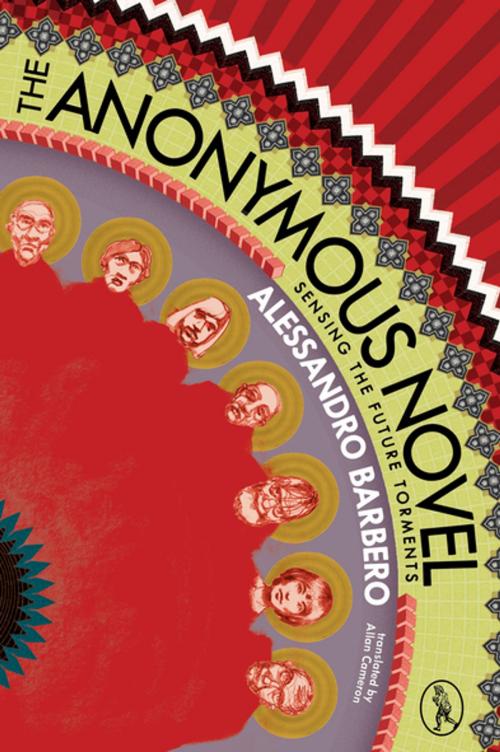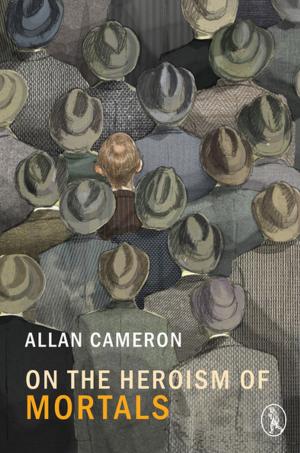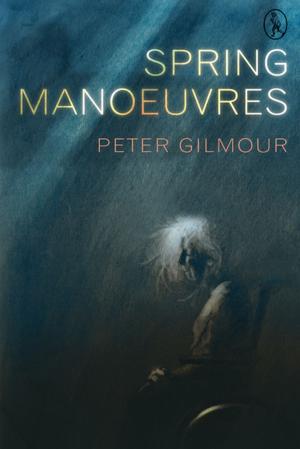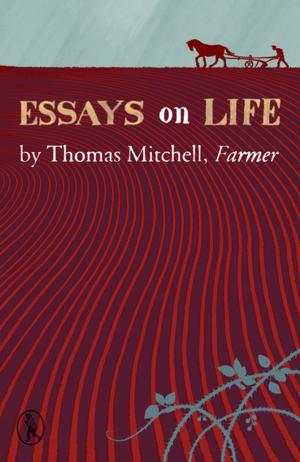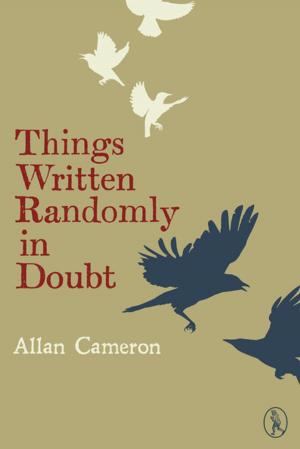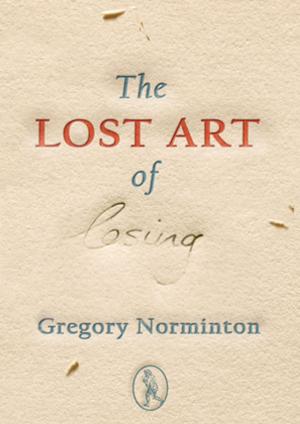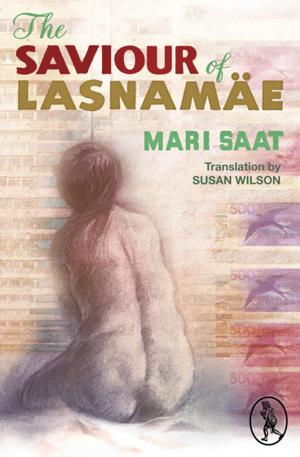| Author: | Allesandro Barbero | ISBN: | 9781908251220 |
| Publisher: | Vagabond Voices | Publication: | March 28, 2013 |
| Imprint: | Vagabond Voices | Language: | English |
| Author: | Allesandro Barbero |
| ISBN: | 9781908251220 |
| Publisher: | Vagabond Voices |
| Publication: | March 28, 2013 |
| Imprint: | Vagabond Voices |
| Language: | English |
A middle-aged judge driven by curiosity and the intellectual challenge of his work, a nervous and neurotic young historian willing to run all manner of risks to uncover the state crimes of the forties, a nerdy, well-educated and good-natured young journalist motivated principally by the desire to enjoy life and not dwell on the miseries of the past, a KGB general once responsible for some of the purges and now an Islamist radical, an inept, capricious and delightfully self-aware Jewish actor, and an Islamic cleric loyal to the Soviet Union, whose murder has so many repercussions, all these carefully constructed characters could be found in any society but Alessandro Barbero has brought them to life in one of the most elusive, unstable and neglected historical realities: Gorbachev’s Russia. And this proves to be fertile ground for Barbero, one that generates endless themes and the opportunity to express his love for Russian literature and culture. Barbero used his skills as a historian to study the reality of that society through its newspapers and journals, and his skills as a novelist to weave a complex plot — a tale of two cities: Moscow and Baku. And throughout, the narrative voice – perhaps the greatest protagonist of them all — represents not the author’s views but those of the Russian public as they emerged from one dismal reality and hurtled unknowingly towards another. First there is the picture of a society on the cusp of unnerving change, one in which it has become possible to say what previously could scarcely even be thought. Then there is the richness of the detail. … Here rooms, journeys, weather, clothes, meals, landscape, tastes, smells, trains, the Moscow underground, the mustiness of archives are all vividly presented. The reader inhabits the world the author has conjured up. Finally, and best of all, there is the talk. Russians are great talkers and the novel floats on a sea of wonderfully varied, expressive and tremendous speech. The characters reveal themselves in their words, spoken or merely thought. (For in a good novel thought is a form of speech when presented dramatically, as it is here.)
A middle-aged judge driven by curiosity and the intellectual challenge of his work, a nervous and neurotic young historian willing to run all manner of risks to uncover the state crimes of the forties, a nerdy, well-educated and good-natured young journalist motivated principally by the desire to enjoy life and not dwell on the miseries of the past, a KGB general once responsible for some of the purges and now an Islamist radical, an inept, capricious and delightfully self-aware Jewish actor, and an Islamic cleric loyal to the Soviet Union, whose murder has so many repercussions, all these carefully constructed characters could be found in any society but Alessandro Barbero has brought them to life in one of the most elusive, unstable and neglected historical realities: Gorbachev’s Russia. And this proves to be fertile ground for Barbero, one that generates endless themes and the opportunity to express his love for Russian literature and culture. Barbero used his skills as a historian to study the reality of that society through its newspapers and journals, and his skills as a novelist to weave a complex plot — a tale of two cities: Moscow and Baku. And throughout, the narrative voice – perhaps the greatest protagonist of them all — represents not the author’s views but those of the Russian public as they emerged from one dismal reality and hurtled unknowingly towards another. First there is the picture of a society on the cusp of unnerving change, one in which it has become possible to say what previously could scarcely even be thought. Then there is the richness of the detail. … Here rooms, journeys, weather, clothes, meals, landscape, tastes, smells, trains, the Moscow underground, the mustiness of archives are all vividly presented. The reader inhabits the world the author has conjured up. Finally, and best of all, there is the talk. Russians are great talkers and the novel floats on a sea of wonderfully varied, expressive and tremendous speech. The characters reveal themselves in their words, spoken or merely thought. (For in a good novel thought is a form of speech when presented dramatically, as it is here.)
